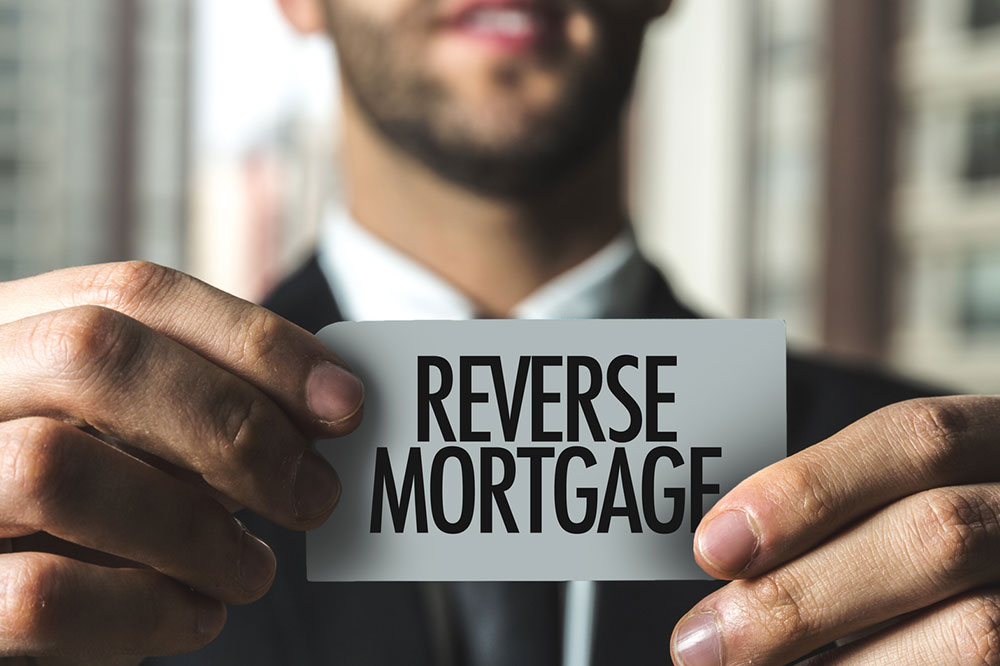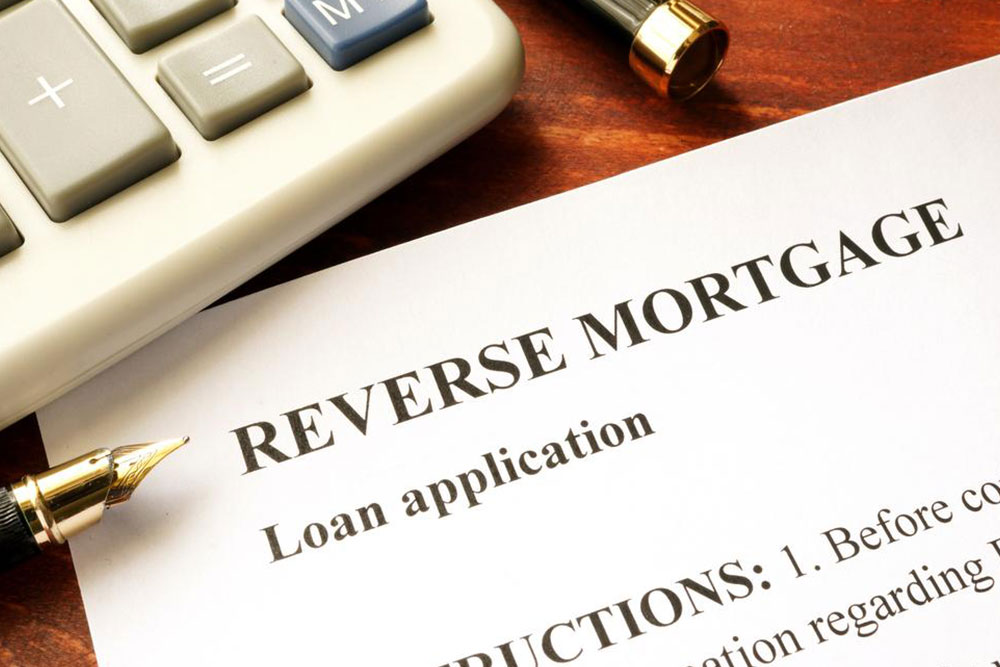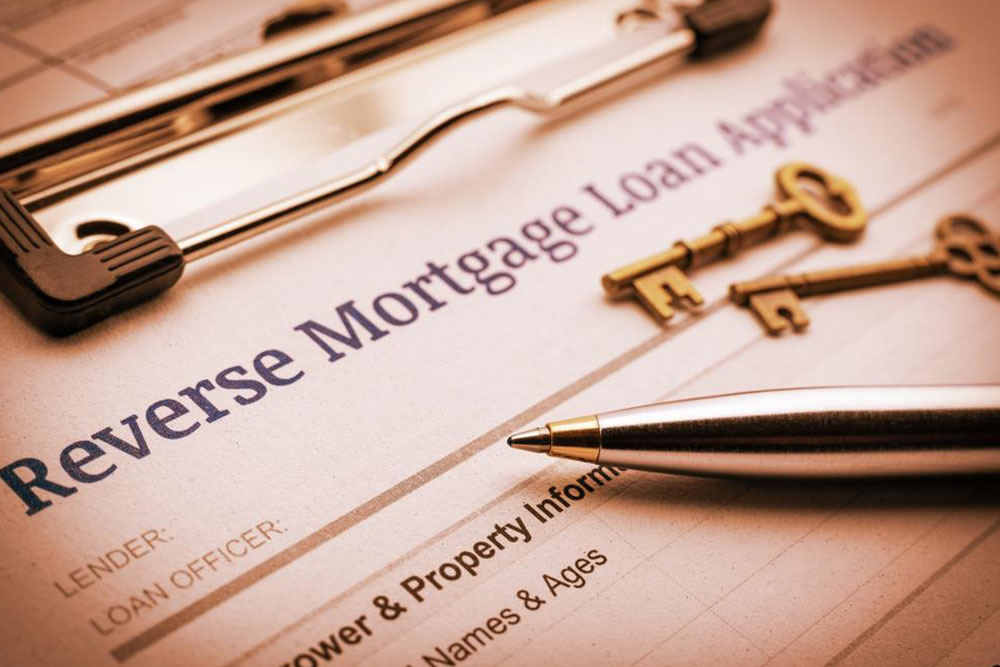Comprehensive Guide to Reverse Mortgages: Essential Questions and Insights
Explore the ins and outs of reverse mortgages in this comprehensive guide. We cover how much you can borrow, repayment options, eligibility criteria, and potential risks. Learn crucial insights to help seniors make informed financial decisions about leveraging home equity for retirement needs.

Comprehensive Guide to Reverse Mortgages: Essential Questions and Insights
For seniors aged 62 and above, reverse mortgages have become a valuable financial tool to unlock their home equity and enhance their retirement income. This financial product allows homeowners to convert a portion of their home's value into cash, providing flexibility to cover medical bills, emergency expenses, or to supplement daily living costs. Understanding how reverse mortgages work, their eligibility criteria, repayment obligations, and associated risks is crucial before making such a significant financial decision. This in-depth guide aims to answer the most common questions and shed light on the key aspects of reverse mortgages to help seniors navigate this option safely and confidently.
What is the maximum amount that can be borrowed through a reverse mortgage?
The amount you can borrow depends largely on the appraised value of your home, your age, and current interest rates. Federal regulations cap the maximum loan amount, ensuring borrowers cannot take out more than the home's appraised value. This safeguard protects homeowners from owing more than their home is worth. Typically, the loan amount increases with age, meaning that older borrowers tend to qualify for higher loan sums as their longevity increases the chance of loan repayment through eventual sale or inheritance. Use of a reverse mortgage calculator or consultation with a financial advisor can help estimate your potential borrowing limits based on these factors.
How are reverse mortgages repaid?
Reverse mortgages are designed to be repaid when specific conditions are met, such as the sale of the home, the borrower’s death, or their permanent relocation. Unlike traditional mortgages that require monthly payments, reverse mortgages do not necessitate ongoing repayments during the loan term. Instead, the accumulated interest, along with fees, is added to the total owed amount, which is typically settled upon sale or transfer of the property. Homeowners retain ownership and can live in the home continuously. It’s important for borrowers to understand that as the loan balance increases, their home equity diminishes, potentially affecting inheritance plans or future financial stability.
Who qualifies for a reverse mortgage?
Eligibility for a reverse mortgage is primarily geared toward seniors whose primary asset is their home. Candidates usually need to be at least 62 years old, own their home outright or have sufficient equity, and use the property as their primary residence. This product is particularly beneficial for individuals who may not qualify for traditional home equity loans or refinancing due to limited income, poor credit history, or other financial constraints. Moreover, the Home Equity Conversion Mortgage (HECM), a federally insured reverse mortgage program, also offers options like the HECM for Purchase, which allows seniors to buy a new home using reverse mortgage funds. While advantageous, these options involve complex procedures and risks that require careful consideration and professional guidance before proceeding.
What are the key risks associated with reverse mortgages?
Like any financial product, reverse mortgages carry specific risks that consumers should carefully evaluate. Seniors should be cautious of fraudulent schemes targeting vulnerable populations, especially scams purporting to offer house repairs, upgrades, or fake loan offers. Another critical risk involves the potential loss of the home if only one spouse is listed as the borrower; in such cases, the non-borrowing spouse could face eviction after the borrower’s passing if appropriate measures aren’t taken. Additionally, reverse mortgages involve various fees, including high closing costs, mortgage insurance premiums (especially for federally-backed HECMs), and ongoing service fees. Borrowers should thoroughly review all costs, understand their repayment obligations, and consider consulting financial advisors or HUD-approved counselors to ensure they make informed decisions aligned with their long-term financial health.





